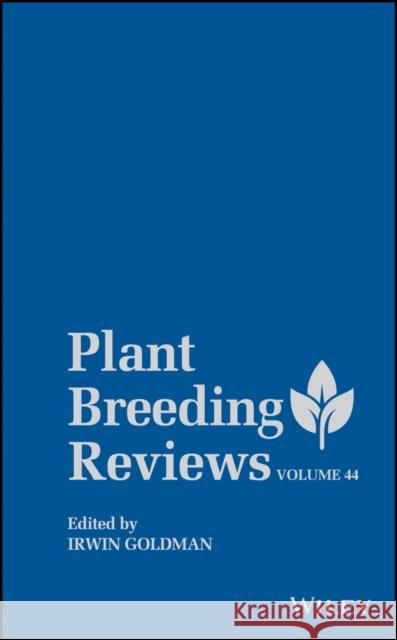Plant Breeding Reviews, Volume 44 » książka
topmenu
Plant Breeding Reviews, Volume 44
ISBN-13: 9781119716914 / Angielski / Twarda / 2020 / 336 str.
Kategorie:
Kategorie BISAC:
Wydawca:
Wiley
Seria wydawnicza:
Język:
Angielski
ISBN-13:
9781119716914
Rok wydania:
2020
Wydanie:
Volume 44
Numer serii:
000065387
Ilość stron:
336
Waga:
0.63 kg
Wymiary:
22.35 x 15.24 x 2.03
Oprawa:
Twarda
Wolumenów:
01











